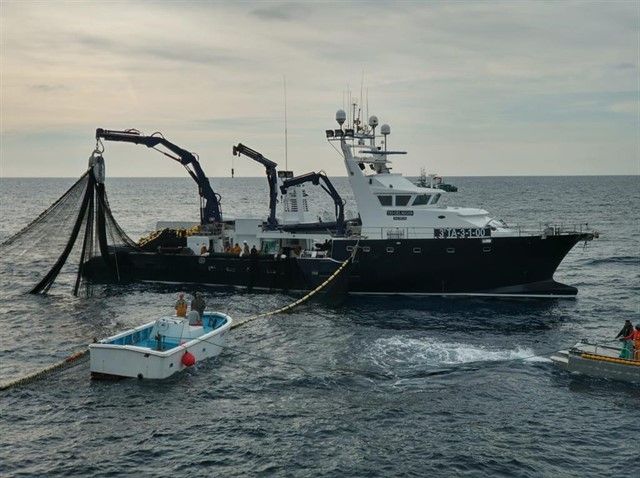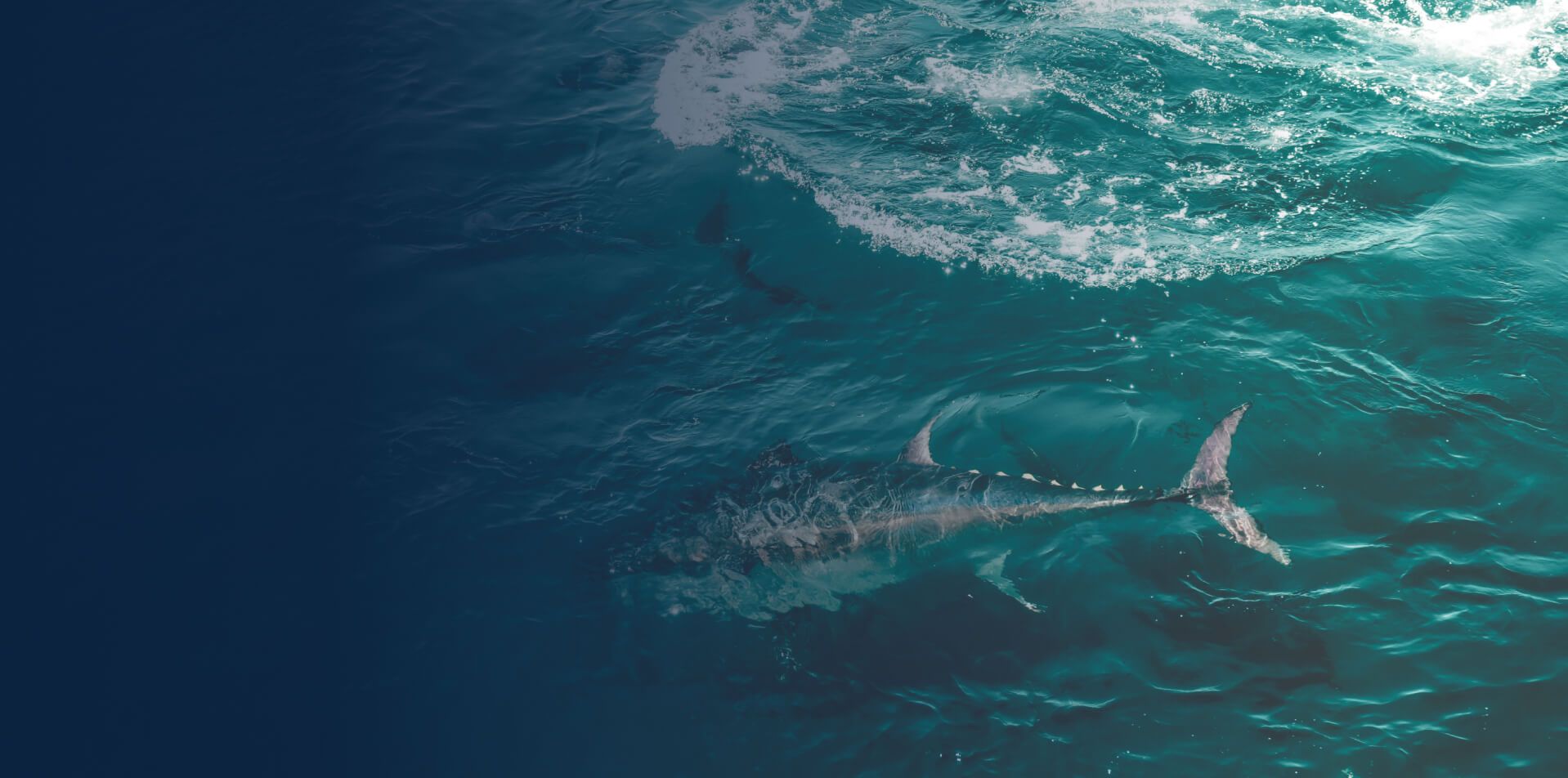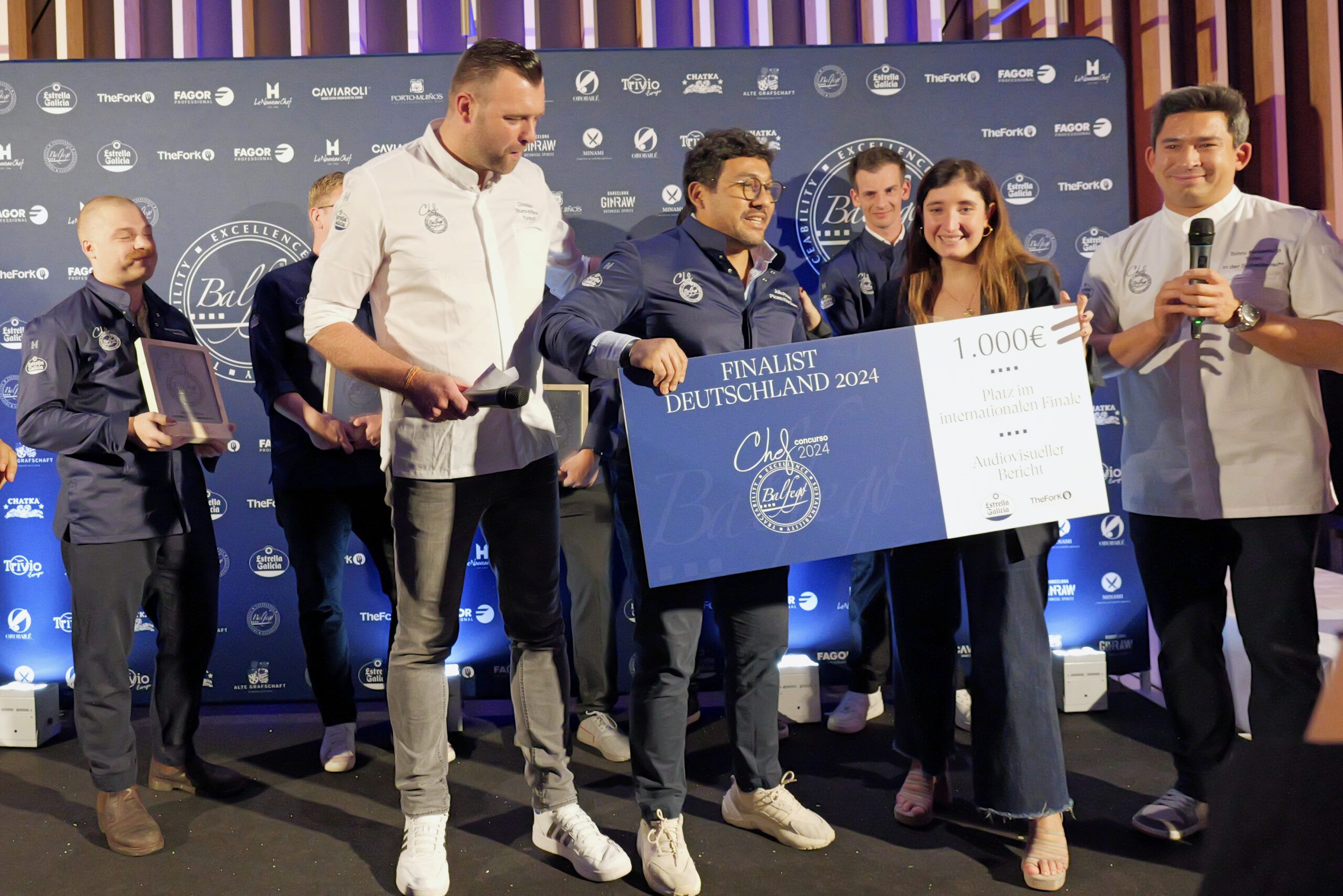
Japan looks to Balfegó’s management system for the recovery of the species
According to ISC scientists, overfishing threatens the species throughout the Pacific
Japan looks to the Balfegó and ICCAT management system as a leading example to recover bluefin tuna stocks in its fishing grounds
Madrid, December 22, 2019 .- The Japanese fishing sector is focusing its attention on the results obtained by the bluefin tuna recovery plan established by the International Commission for the Conservation of Atlantic Tuna (ICCAT) in the Mediterranean, as well as the system management and traceability developed by the Balfegó company. For the Japanese fishing industry, they are a role model for the recovery of depleted stocks of this species in the Pacific and specifically in the fishing grounds of the Sea of Japan.
In fact, the model has been gaining ground in Japan, to the point that a Japanese national television station (Tokyo Television) has spent several days visiting the Balfegó facilities in Tarragona to learn first-hand about the company’s management and workers, as well as the company’s philosophy, work, monitoring and control systems and infrastructure. The result was an extensive documentary on the Atlantic bluefin tuna management model and its possible application to the problem of this type of fishery in Pacific waters.
The Japanese documentary, in addition to direct testimonies from Pere Vicent and Manel Balfegó, as well as the description of the limit system established by ICCAT, places special emphasis on control measures, such as the presence of independent observers on board or stereoscopic cameras that make it possible to more accurately determine the weight of the fish and to monitor fishing operations and the transfer of the tuna caught between pools.
The recovery of bluefin tuna stocks in the Mediterranean and eastern Atlantic (Thunnus Thynnus), which has been confirmed and endorsed by the ICCAT scientific committee, in addition to being corroborated by the short period of time that the European fleets – and specifically that of Balfegó – need to capture their quotas in recent seasons, has led to a gradual increase in bluefin tuna fishing limits, decreed by ICCAT from 2018 to 2020, and a management plan that is now a target for the Japanese.
For Juan Serrano, CEO of Balfegó, “the recovery plan decreed by ICCAT in 2008, which has cost the sector in general, and our company in particular, so much effort, has been a success and the species is fully recovered.” The large number of fish available shortens the time needed to catch them, although the investments made by Balfegó to speed up the processes of catching, transhipment and transport to its aquaculture ponds in L’Ametlla de Mar also contribute to this reduction in fishing times. All this also translates into a tangible increase in the fleet’s eco-efficiency and a lower environmental impact.







